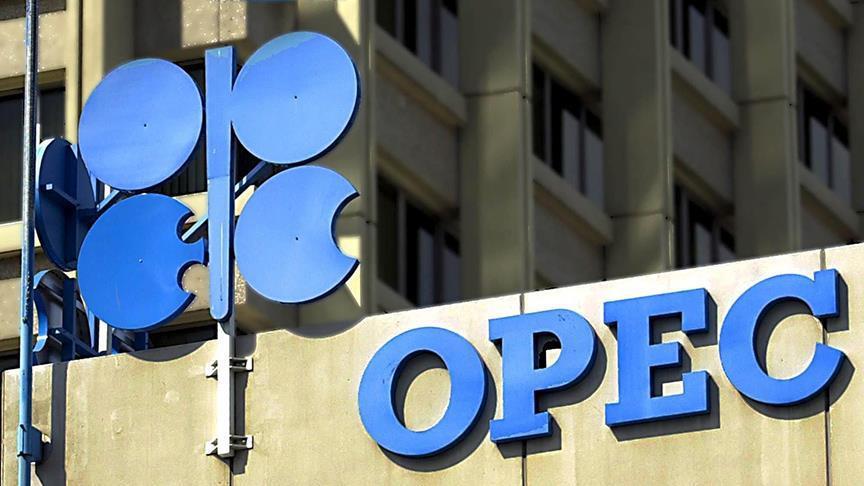The Organization of the Petroleum Exporting Countries' (OPEC) crude oil production in September saw a month-on-month increase of 132 thousand barrels per day (tb/d) to average 32.76 million barrels per day (mb/d), according to OPEC's monthly oil market report released on Thursday.
According to the report, the OPEC crude oil output increased mostly in Saudi Arabia, Libya and Angola, while production declined in Iran, Venezuela and Algeria.
In September, crude oil production rose by 108 tb/d in Saudi Arabia, by 103 tb/d in Libya and by 57 tb/d in Angola compared to the previous month.
Iran's crude oil production in September declined by 150 tb/d compared to August, while declines of 42 tb/d and 8 tb/d in oil production was seen in Venezuela and Algeria, respectively.
Meanwhile, non-OPEC supply in September, including OPEC natural gas liquids, rose by 100 tb/d month on month to average 66.30 mb/d.
As a result, global oil supply reached 99 mb/d in September, according to OPEC data, of which the share of OPEC crude oil was nearly 33.1 percent.
- Year-end and 2019 supply predictions
OPEC predicted that non-OPEC oil supply growth in 2018 would be 2.22 mb/d, which is an upward revision of 20 tb/d from the previous month’s assessment.
'The U.S., Canada, Kazakhstan and Brazil are expected to be the main drivers for year-on-year growth, while Mexico, Norway, Indonesia and Vietnam will show the largest declines,' the 15-member cartel said, adding eventually the total non-OPEC supply for 2018 is estimated at 59.77 mb/d.
Underlining that the 2019 non-OPEC supply forecast remains subject to many uncertainties, the cartel forecasted non-OPEC supply to average 61.89 mb/d for 2019.
- Demand to grow
On the demand side, the cartel projects world oil demand growth of 1.54 mb/d in 2018 and that total global oil consumption will average 98.79 mb/d.
In 2019, world oil demand is anticipated to grow by 1.36 mb/d to average 100.15 mb/d.
Most of the oil demand growth in 2019 is anticipated to originate from Asia, led by India, followed by China, then OECD Americas, according to the cartel.
By Ebru Sengul
Anadolu Agency
energy@aa.com.tr


